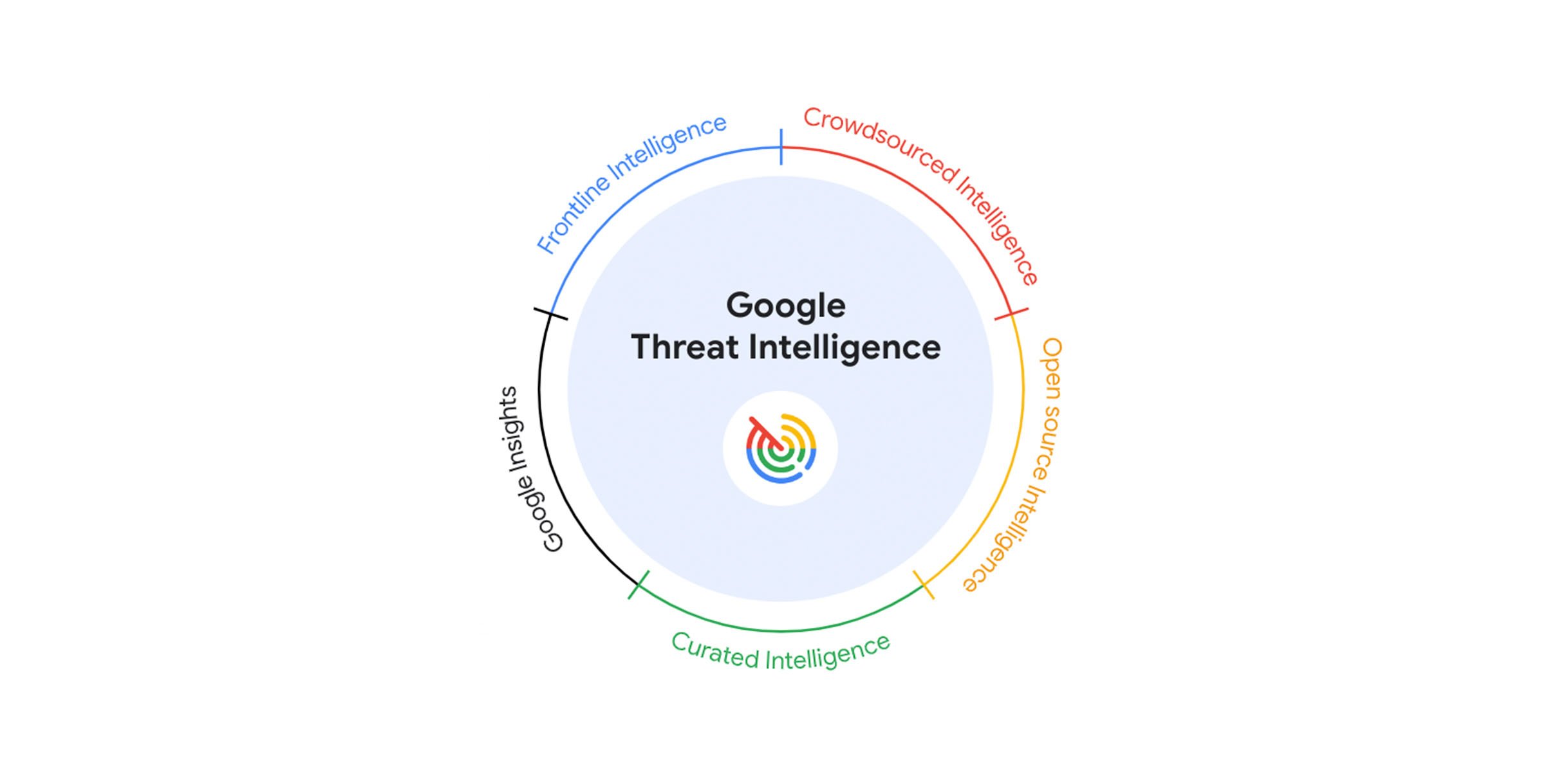
What Is Shadow AI and How Can It Put Your Business at Risk?

Understanding the hidden AI tools your employees may already be using — and how to stay secure.
Generative AI tools like ChatGPT, Gemini and Copilot are becoming part of everyday business life. They’re quick, clever, and make light work of repetitive tasks — from drafting emails to fixing formulas to summarising meeting notes.
But here’s the problem: when employees use AI tools that haven’t been approved or secured by your business, they may be unintentionally putting your data — and your compliance — at risk. This growing issue is known as Shadow AI, and it’s one of the fastest-rising cybersecurity concerns for UK businesses today.
In this blog, we’ll explain what Shadow AI is, why it’s risky, and how to manage it safely.
What Is Shadow AI?
Shadow AI refers to employees using generative AI tools without approval, oversight, or security controls from IT teams.
It’s similar to the rise of “Shadow IT” years ago, when staff adopted tools like Dropbox and Google Docs before businesses had proper cloud policies in place. The difference now? The stakes are much higher.
Sensitive data like client information, financial records, legal documents, or product plans could be uploaded into public AI tools — where it may be stored, reused, or exposed outside your business without your knowledge.
Why Is Shadow AI a Risk to Your Business?
Using AI tools without proper safeguards creates several hidden risks:
- Data leaks – Confidential company information could be retained on third-party servers.
- Loss of control – Sensitive content may end up training public AI models.
- Regulatory breaches – GDPR and data protection rules can be unintentionally violated.
- No audit trail – Without monitoring, you can’t see what data is shared or where it goes.
For sectors like finance, legal services, and healthcare — where data privacy is critical — Shadow AI poses an even greater threat.
Should You Ban Generative AI Tools?
For most businesses, blocking AI tools entirely isn’t practical. Employees use them because they improve productivity — banning them often drives people to workarounds that are even harder to track.
The smarter approach is to provide secure, approved AI tools that keep your business in control while giving employees the benefits they want.
Microsoft 365 Copilot: A Secure Alternative
At SOD-IT, we recommend Microsoft 365 Copilot — the workplace-ready AI assistant that integrates directly into the tools your teams already use, including Word, Excel, Teams, and Outlook.
Unlike consumer AI platforms, Microsoft Copilot:
- Works within your secure Microsoft 365 environment
- Doesn’t use your corporate data to train public AI models
- Respects your role-based permissions and security policies
- Comes with GDPR compliance and enterprise-grade protections built-in
It’s AI designed for business — giving your teams productivity benefits without compromising security.
How to Manage AI Use Safely
If your business hasn’t set up an AI usage policy yet, you’re not alone. Here’s where to start:
- Audit usage – Find out where employees are using AI and for what purpose
- Set boundaries – Define what data is safe to use and what isn’t
- Provide a secure alternative – Make approved tools like Microsoft Copilot accessible
- Educate your team – Give staff clear guidance and training on safe AI usage
The goal isn’t to slow innovation — it’s to create guardrails that keep your people, data, and reputation safe.
Take Control of AI in Your Business
AI is transforming how businesses operate — but unmanaged use brings risks you can’t afford to ignore.
With SOD-IT, you can give your team the tools they need to stay productive without exposing sensitive data. From AI policy creation to Microsoft 365 Copilot setup and cybersecurity safeguards, we’ll help you stay protected.
📞 Call us on 01292 427 420
🌐 Visit www.sod-it.co.uk
📧 Email [email protected]







